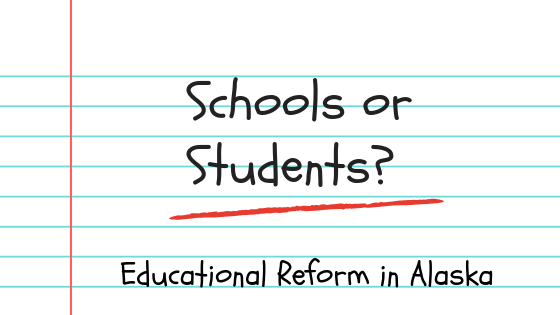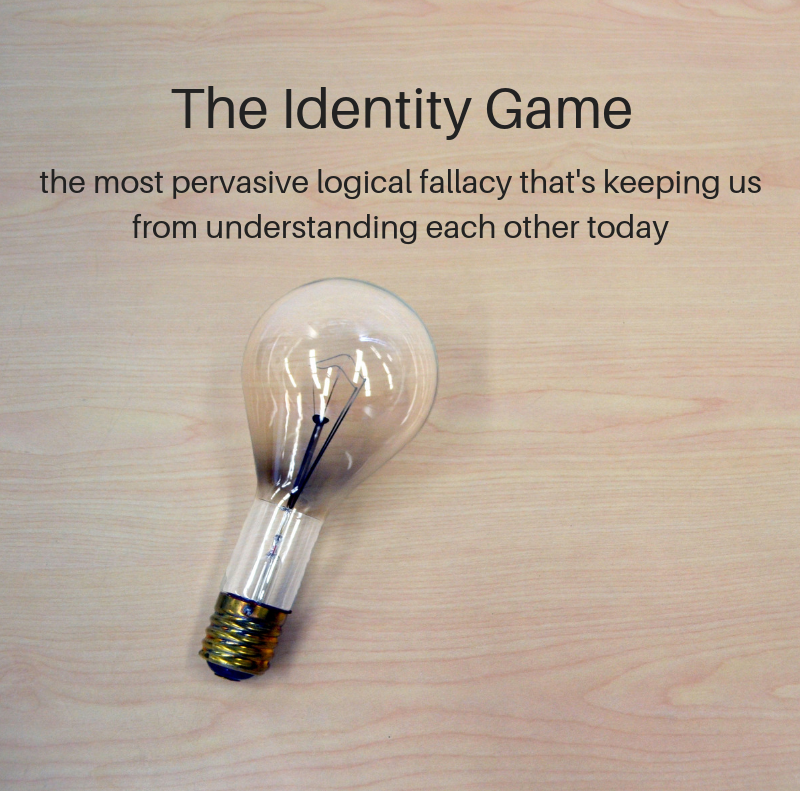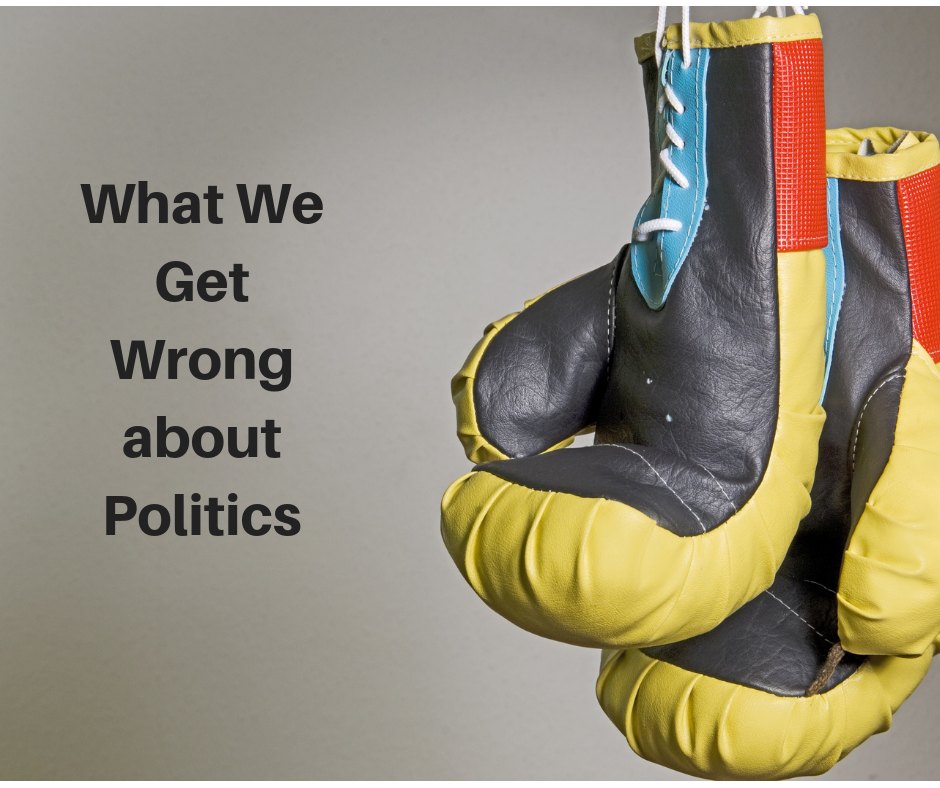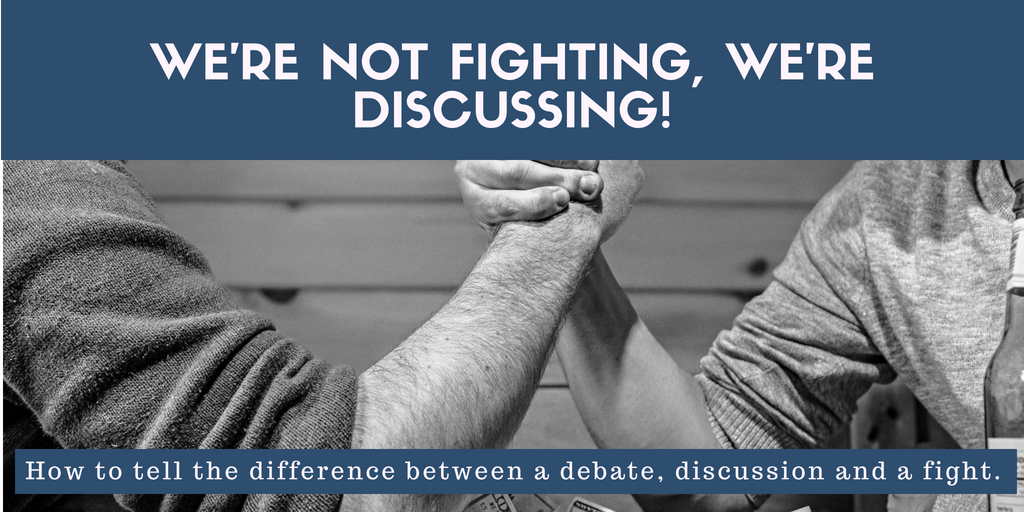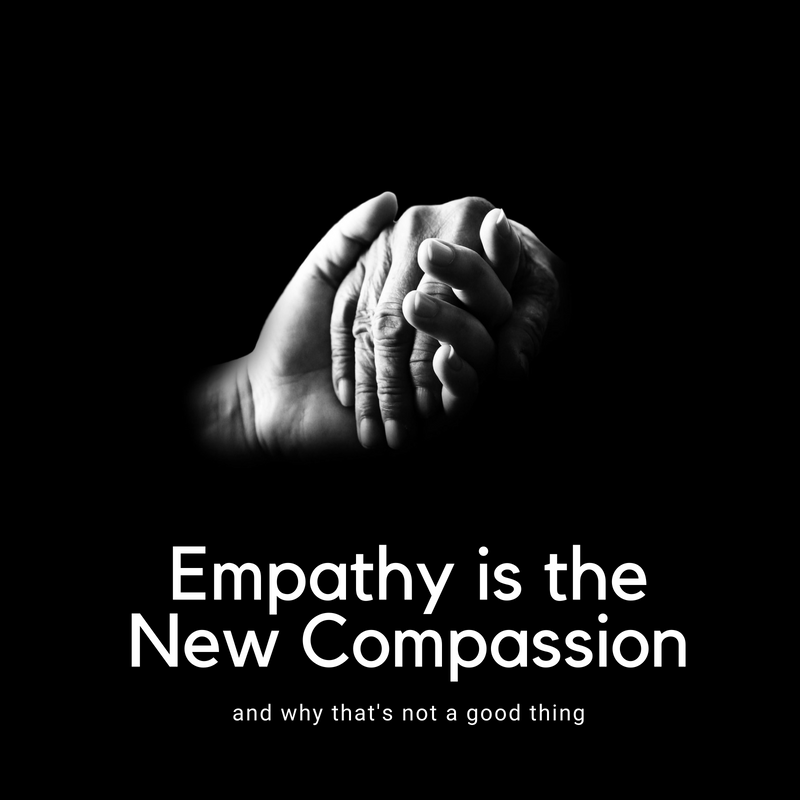All too often the word “politics” is a dirty word. But in reality it is the art and science of dealing with the affairs of people groups, governments, and civics. In essence, it is helping people get along and create culture together. It is the art of creating rules for a society that will strengthen that society and not pull it apart. When we frame it this way, we see that it can be a beautiful thing. So instead of shying away from the word politics, we can see it as a unique part of what makes us truly human.
Most of the time we focus on the power side of politics. We read books like Machiavelli’s “The Prince” and study famous politicians of old that asserted and maintained political power by dishonest, manipulative, and sometimes brutal means. And it’s true. Power is a very important aspect of politics. We forget that many of our political heroes like Abraham Lincoln and Martin Luther King Jr. were also very shrewd politicians— and yet they operated from a very different framework. They were strategic about the people they brought together, about the principles they stood for, and about the tactics they used for specific times and specific places.
One great example of a positive political figures is the Bible’s Queen Esther along with her uncle Mordecai. Using their unique perspectives, strengths and positions, they mobilized an entire people group and came up with a plan to expose the biggest scandal of their day. If we look at the positive side of politics, we can see that it involves a focus not on tribalism for tribalism’s sake. It has a focus on solutions. Solution oriented politics does not first focus on WHO is wrong, but it needs to start with WHAT is wrong.
But even before the WHAT and WHO are addressed, we need to lay the groundwork with the WAY we go about building and sustaining relationships. Using the example of Queen Esther, you’ll notice that a huge problem had come to her attention. The problem was that a law had been put into place that was going to annihilate the Jewish people. That was the big WHAT. Mordecai raises Esther’s awareness to get her awakened to the problem that was in her very kingdom…the kingdom that she had presided over as queen for only a short time. She really didn’t have much power as a woman to stop this, but she did have one thing: favor with the king. It was that relationship with the king that she would leverage and wager her life upon. The only problem was that the king’s signature was on that detestable edict. At face value, the king was the obvious WHO of the problem. The king had all the power. It would have been easy for her and Mordecai to become enraged and to turn against him. But turning against the king was not even a thought in their minds. They knew that they needed to solve the problem, not make it worse by throwing the whole kingdom into bloody anarchy.
Mordecai was angry— righteous anger though it was. His anger alone wouldn’t solve the problem. Mordecai needed access to someone in position who could influence and effect real change. That WAY would come from his niece, Esther. It would come from Esther rallying the Jews of the land to pray for success on her mission to put an end to the terrifying consequence of this edict.
Today, when I consider the people who are my political allies, I see a lack of understanding on the HOW. On social media I often see would-be allies vilified before they’ve even chosen a side because they didn’t pick one soon enough. I see name calling and suspicions being raised without considering what is at stake for the other parties involved— what they would have to lose if they acted the way we wanted them to. Solution-oriented politics involves creating allies and bridging divides every bit as much as it involves drawing a line in the sand and standing up for truth. Wisdom and courage are both necessary components for the solving of political problems. If we want to win the long game, we have to make it as easy as possibly for people to jump their ship and swim to ours. Instead of handing them a life preserver, we shoot them in the water.
Is there ever a WHO to confront? Are people ever the problem? Absolutely. In this story of Esther it was found that the true culprit of the edict was the vile Haman, who sought his own exaltation at the expense of the entire Jewish race. There are people who have truly evil intentions in this world and they need to be exposed. However, I believe that most people believe that they are in the right, and on the side of truth and justice, and want to be good people. They are just a bit mixed up on the principles that make a nation and society strong. There are compelling social, economic, and emotional reasons that they pick one camp or the other. At the same time, there are people who ultimately do jump their ideological ship for another. Why do they do this? I have found it is usually because of the WAY that someone treated them followed by the WHAT of their arguments that just made sense.
The WAY Esther used was not a war with arrows and swords, but three strategically planned parties with wine and delicacies. The WAY first, the WHAT next, and the WHO didn’t come until the final act. This method works great for moving toward positive “solutionary” politics. If we cannot establish a loving WAY of approaching people, nothing that we say will be heard. If we don’t put the WHAT next, we won’t even know what problem we have to solve. After the WAY and the WHAT are established, it is then that the WHO can give a proper reckoning for their misguided errors or downright corruption.
You can follow the way of Machiavelli and desire that people fear you, or you can follow the way of love and build bridges while holding your values strong until the parties involved come closer and closer to a solution. Strong words are sometimes necessary, as are bold and decisive actions. But at the end of the day, you want your opponents to admire your conviction, your tenacity, and your ability to treat them with respect. Defeating them is a win-lose. Winning them is a win-win. Some will need to be defeated, but many more will need to be won.



